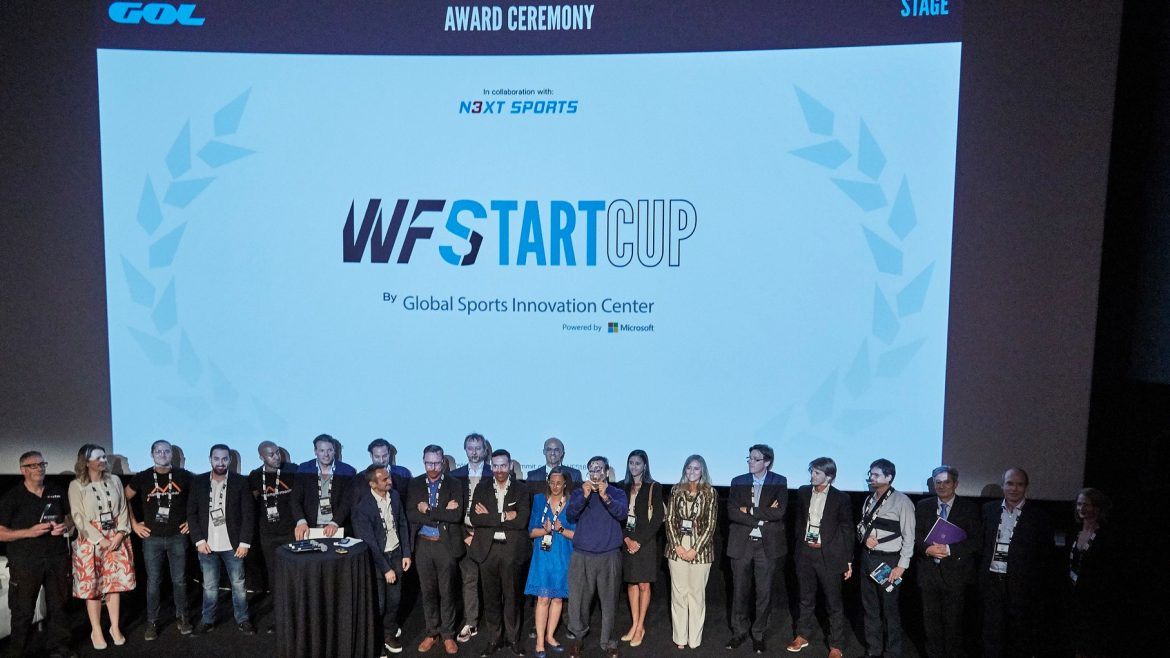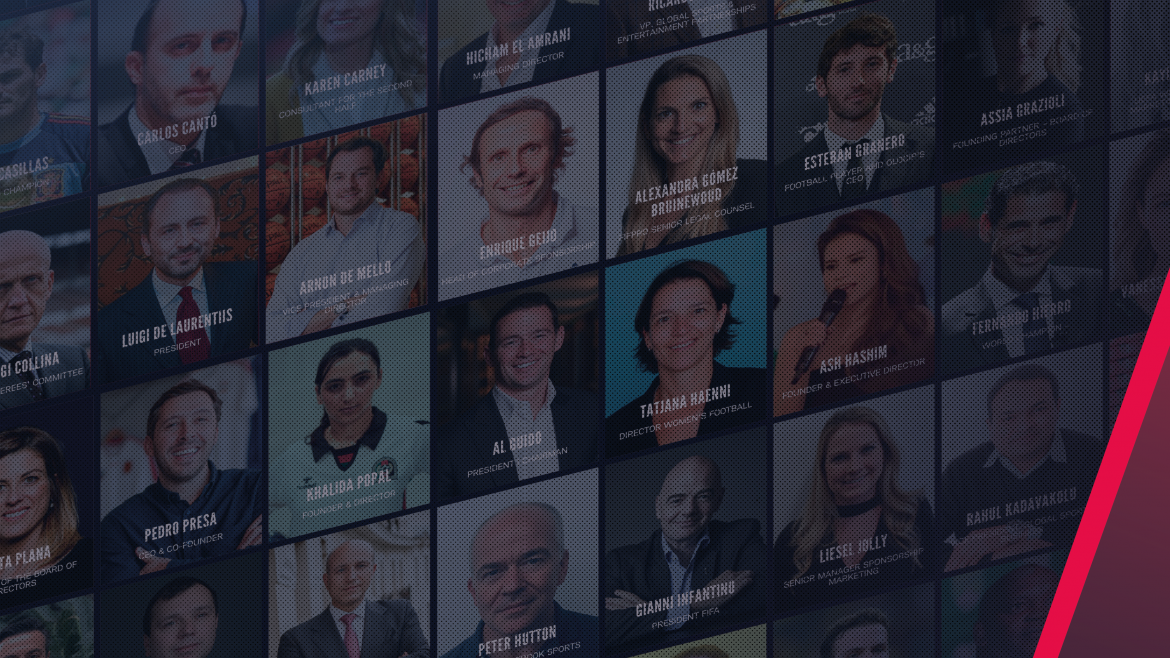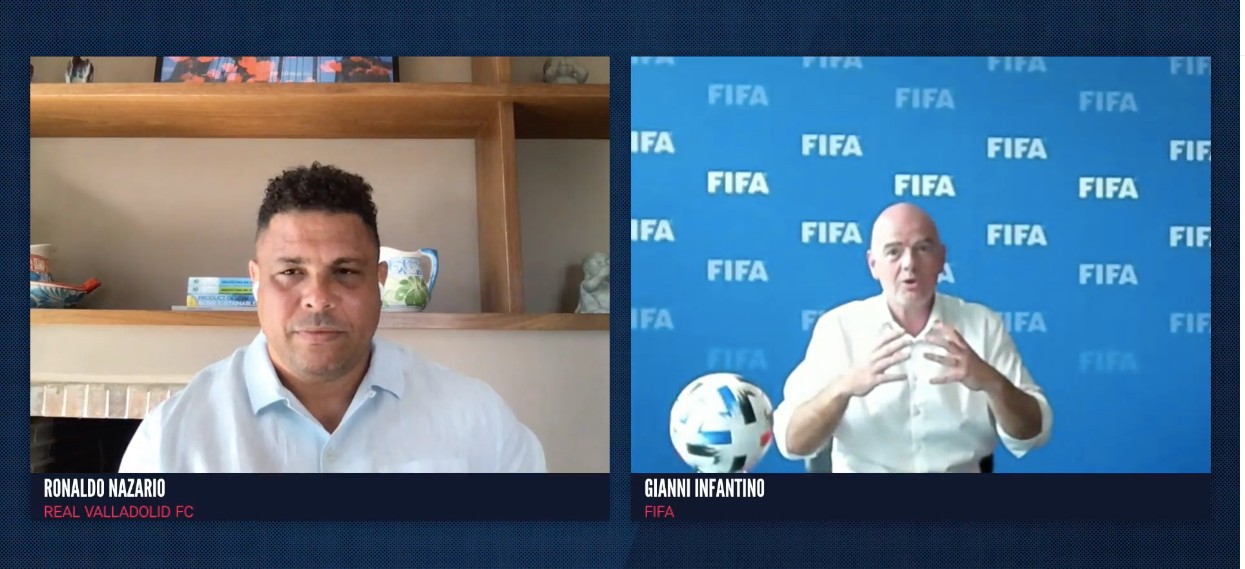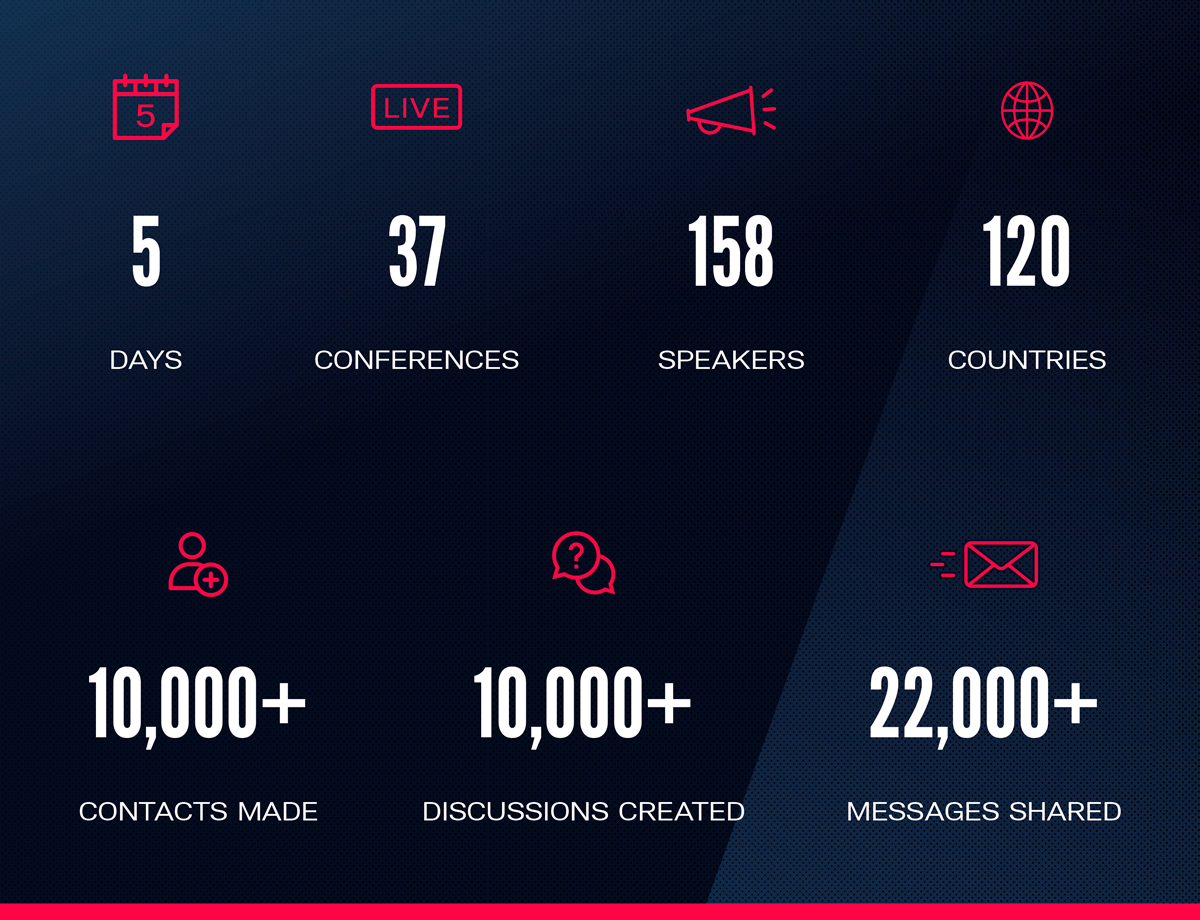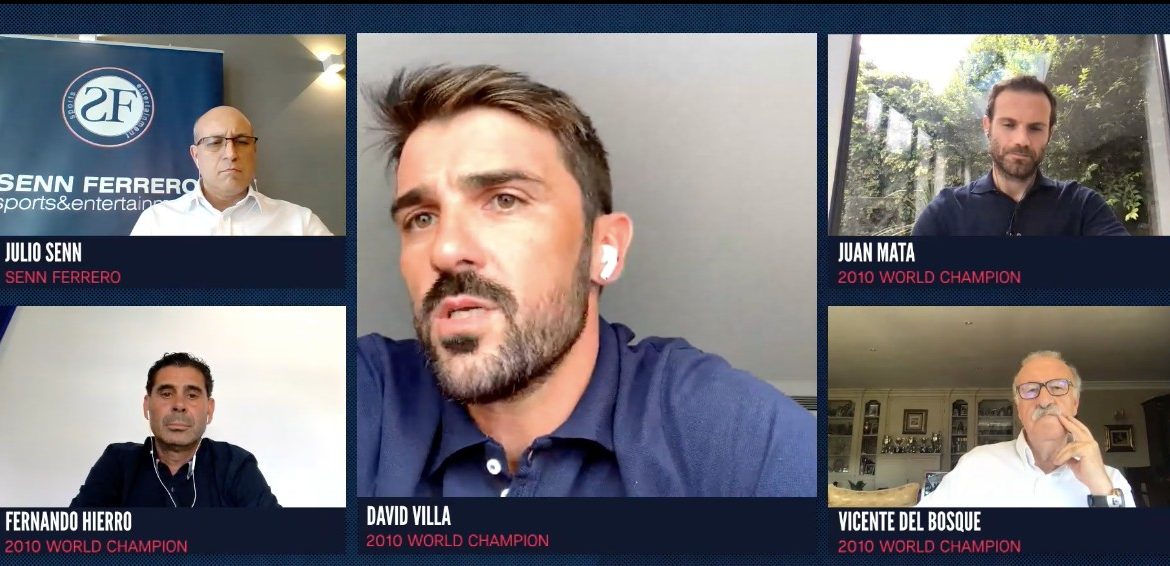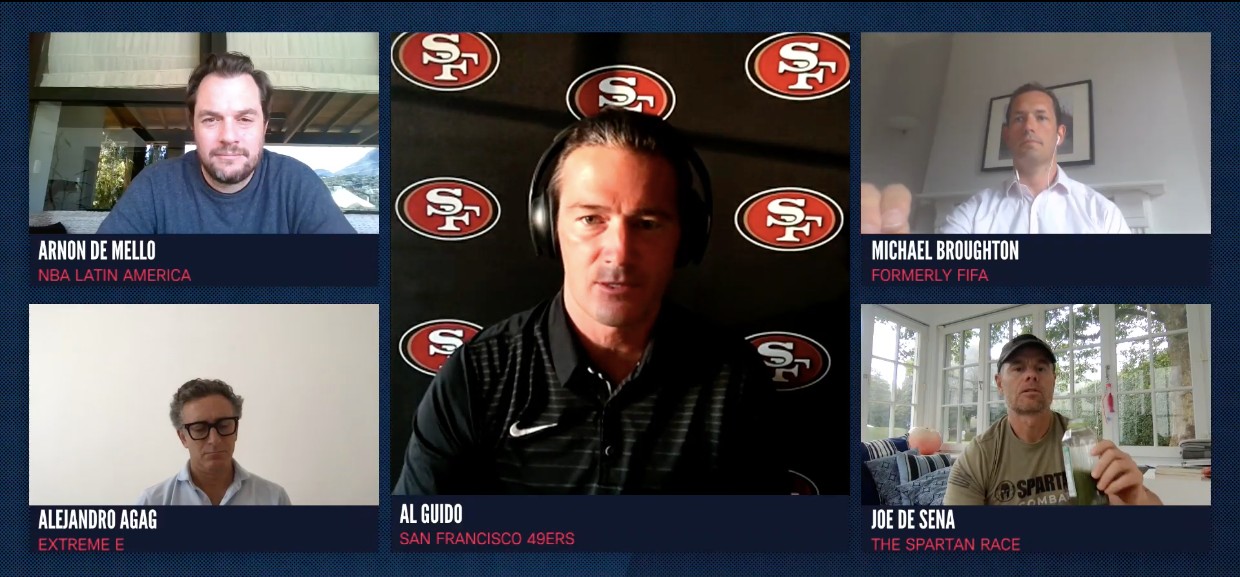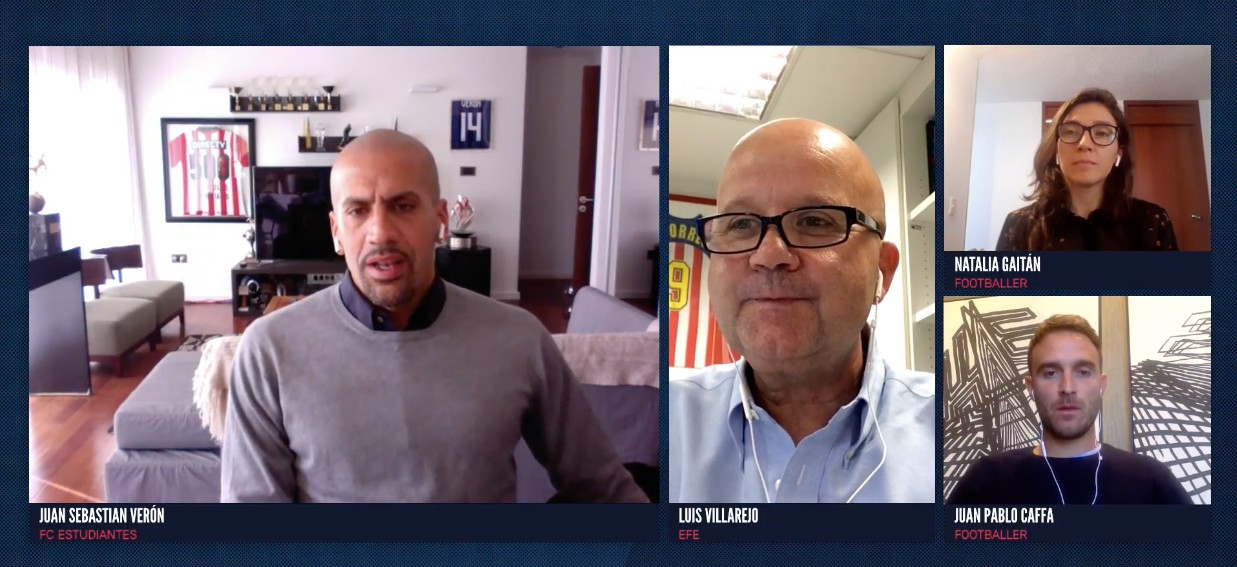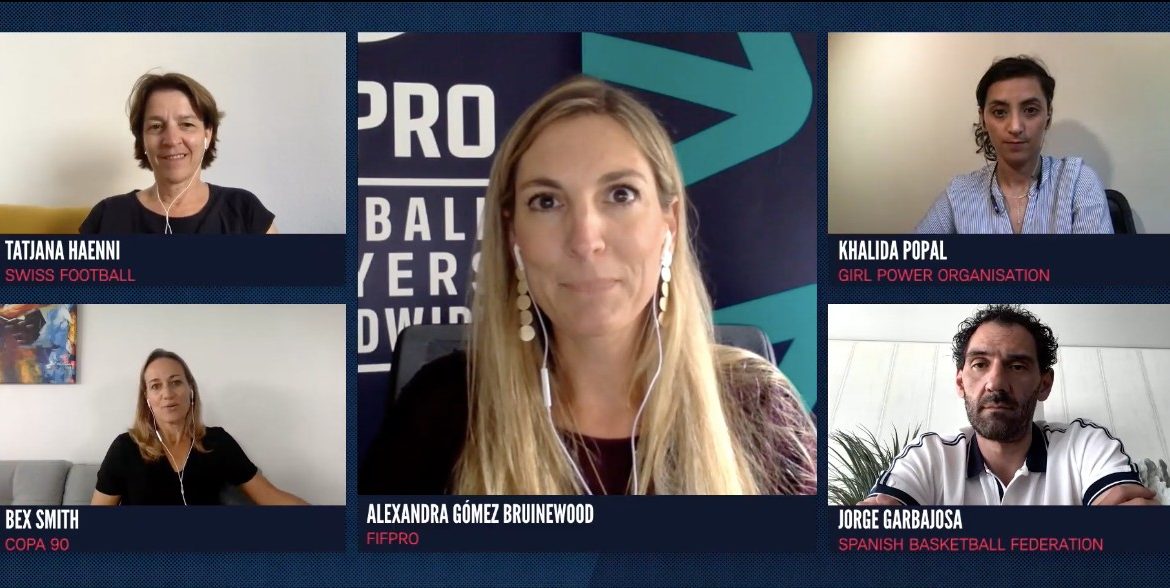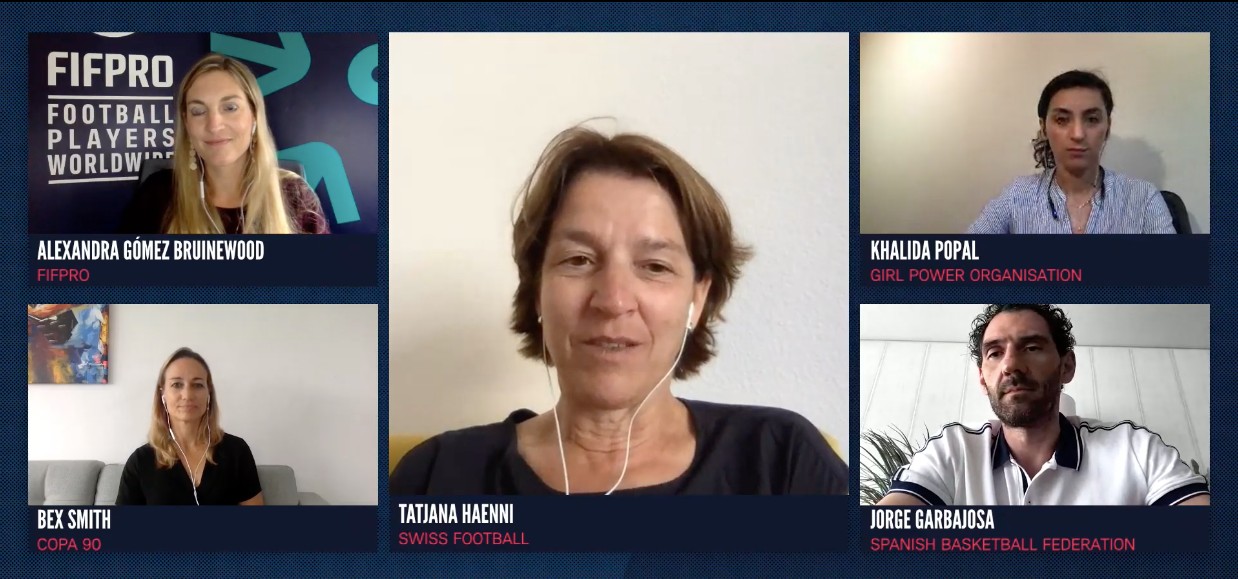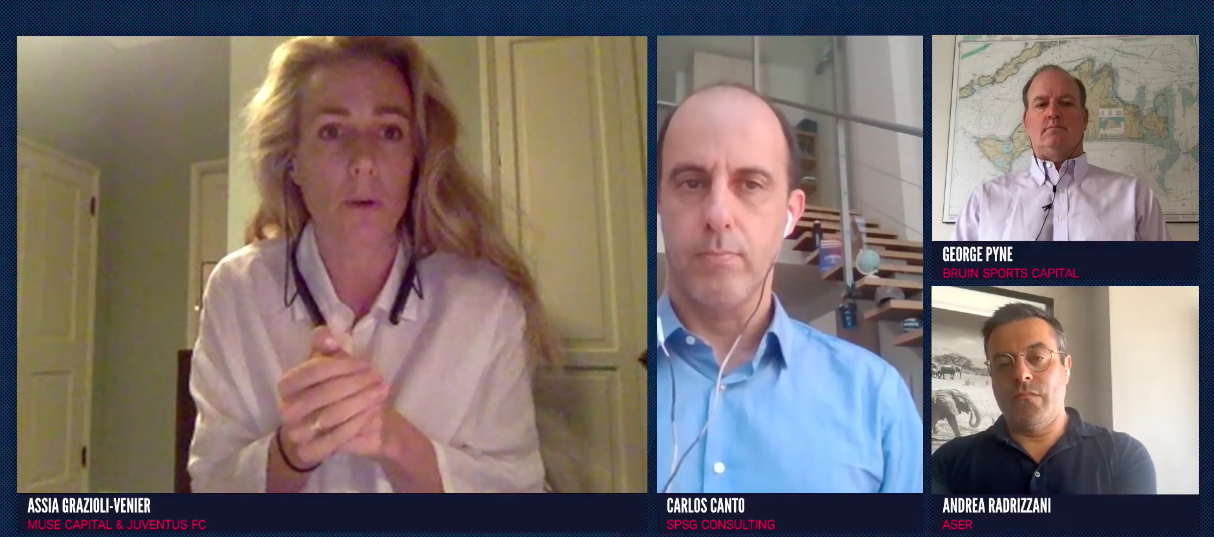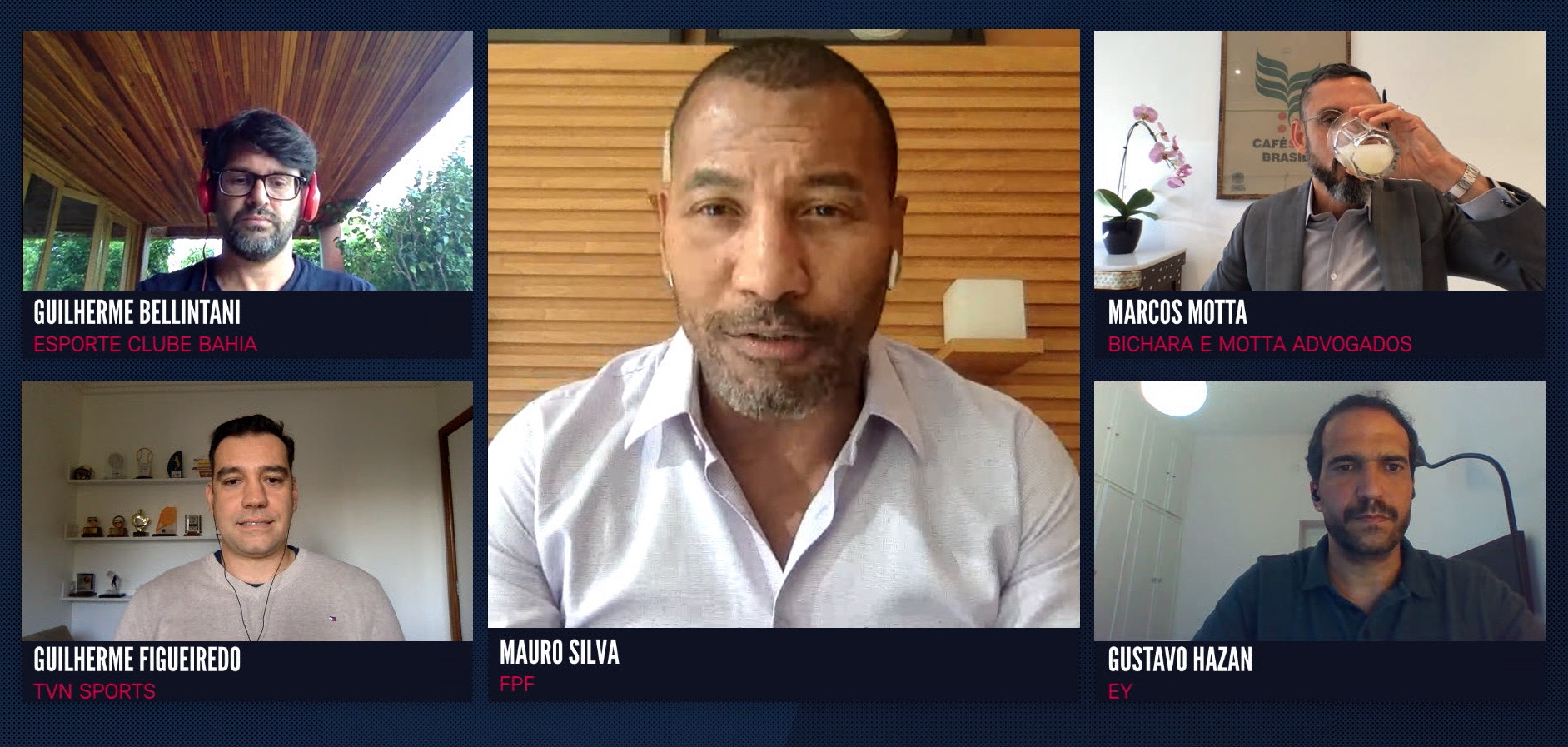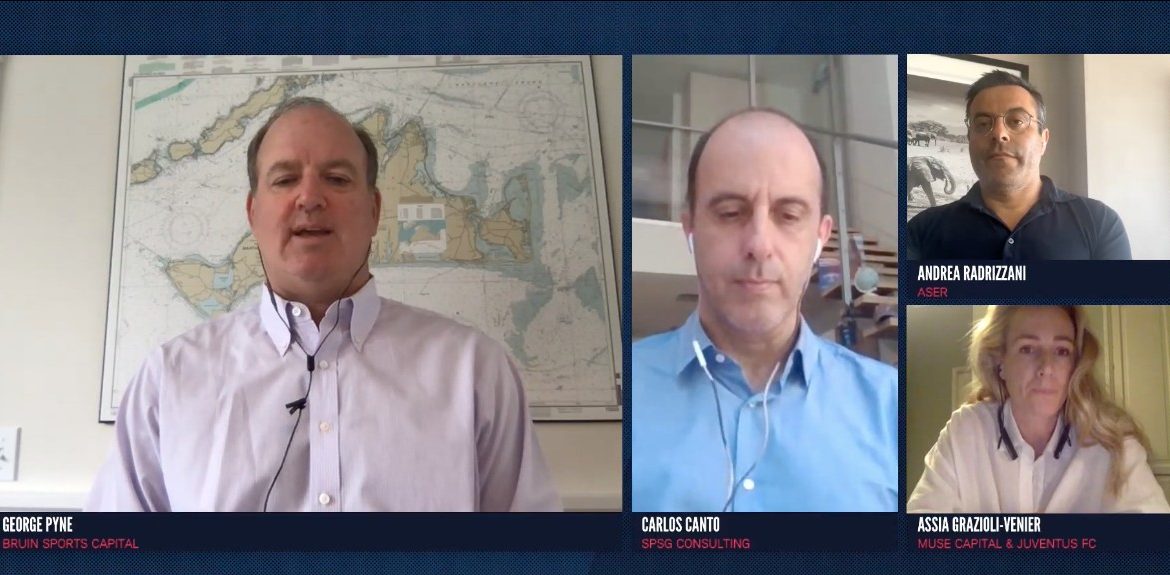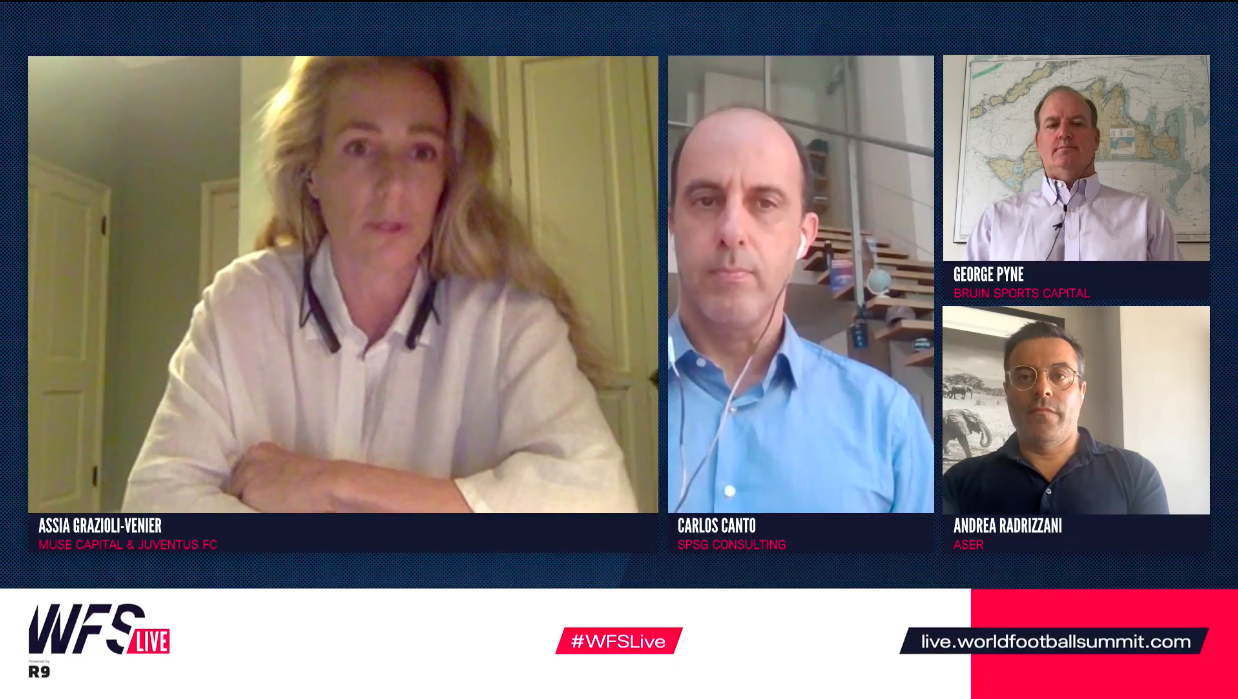4D Sight (USA), BBox Sports (Netherlands), Beyond Sports BV (Netherlands), IDOVEN (Spain), Immersiv.io (France), iSPORTiSTiCS (Brazil), Pico-Get Personal (Israel) and Sport Buff (United Kingdom) are the eight finalists of the 2020 WFS StartCup by GSIC, the startup competition that aims to locate the best ‘sportech’ projects and/or startups with innovative solutions that can impact the sports industry in general, and football in particular.
These eight startups were selected after an online pitch that took place on Thursday July 9th during Day 4 of WFS Live powered by Ronaldo, a virtual event that gathered 158 industry leaders and over 3,400 attendees from 120 countries. They will all take the stage again in the next edition of WFS Live for a final pitch after which the jury will decide the winner.
The eight finalists come from seven countries (two of them are from the Netherlands) and three different continents. The majority of them are focused on providing fan engagement solutions for football properties through AI, AR, VR, Machine Learning and other technology tools.
The winning project will receive one year of free membership to the Global Sports Innovation Center powered by Microsoft and a scholarship to the GSIC Institute’s Master in Digital Transformation. All the selected finalists will receive two complimentary passes for the next edition of WFS Live, which will take place in Q4 of 2020.
This is the fifth edition of the WFS StartCup. Thermohuman, 3D Digital Venue, YBVR and GameReady, winners of the four previous editions respectively, have since gained great notoriety in the sportech ecosystem. The 2020 WFS StartCup by GSIC registered 90 candidacies from 30 countries. The jury shortlisted 16 pre-finalists that had the chance to pitch during WFS Live powered by Ronaldo.
The jury of the 2020 WFS StartCup by GSIC is composed by relevant industry professionals such as Paul Bragiel, Managing Partner at Bragiel Brothers, Iris Córdoba, General Manager at GSIC, Danny Cortenraede, President & Business Owner at Wannahaves, Edson Crevecoeur, Vice President, Strategy & Data Analytics at 601 Analytics, Andrew Gilligan, Head of Research & Insights at City Football Group, Aaron Gourley, Editor at FC Business Magazine, Charlie Greenwood, Founder and CEO at Sports Loft, Samuel Jackman, Chief Development Officer at VenueNext Europe, Mathieu Lacome, Head of Research & Development at Paris Saint-Germain, Sebastián Lancestrémere, WW DT Partnerships & Sports Industry Managing Director at Microsoft, Sam Li, Head of International at Sina Sports, Thomas Lim, Deputy Chief at Sport Singapore, Massimo Marinelli, CEO at Aser Ventures, Rohn Malhotra, Co-founder at SportsTechX, Unmish Parthasarathi, Founder & Executive Director at Picture Board Partners, Fredda Rodríguez, Head of Digital and Emerging Technologies at CONCACAF, Minerva Santana, Director of Innovation and Global Development at LaLiga and Luis Vicente, Group CEO at Eleven Sports.
